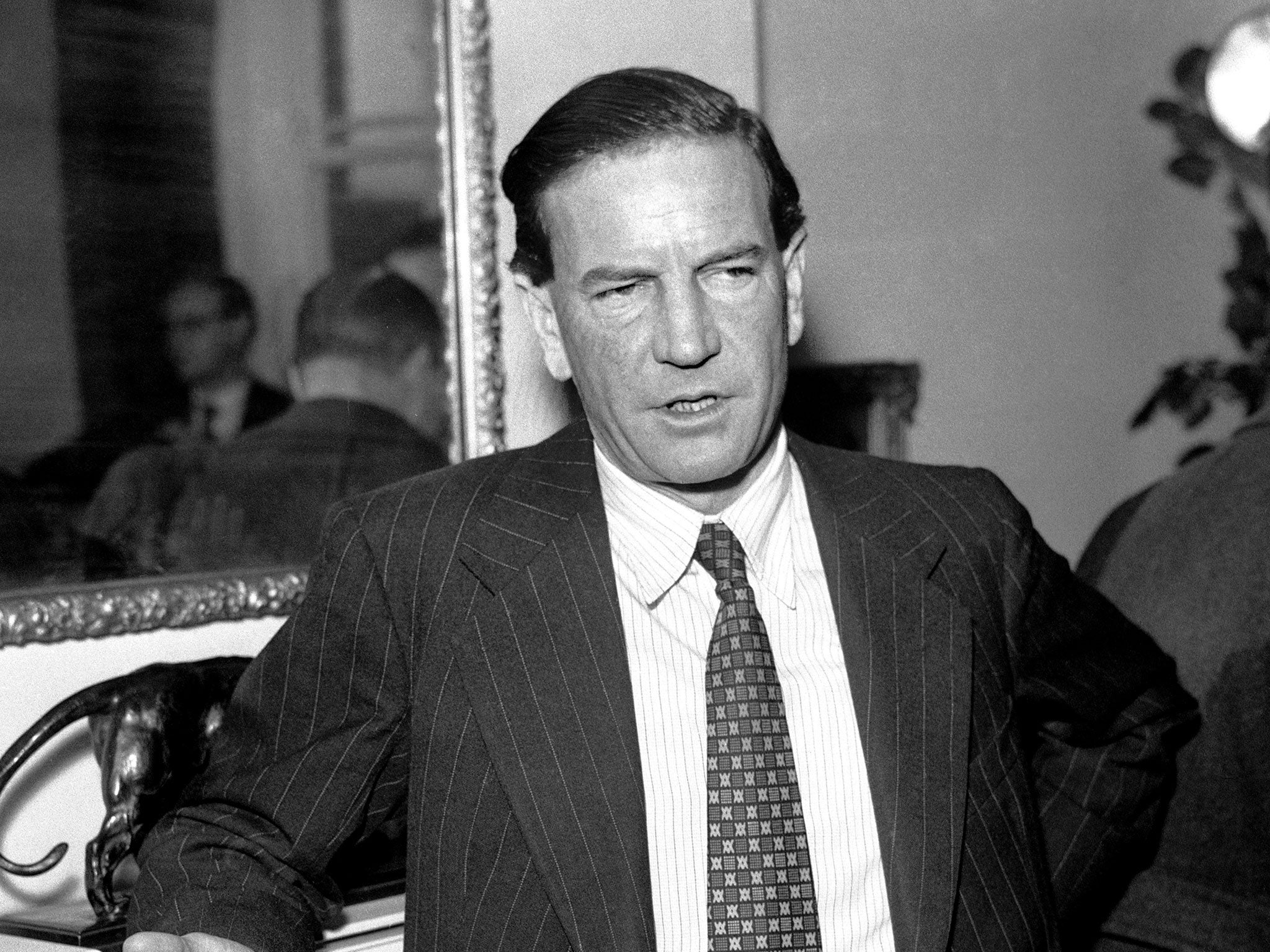MI5 ‘missed chance to expose Soviet spy Kim Philby decade sooner’
Spy came back from Spanish Civil war ‘agitated’ and declared his support for Russia, according to friend

A Soviet double agent could have been unmasked more than a decade before he defected if MI5 had questioned one of his close friends, according to newly released intelligence files.
Kim Philby, a former British officer at MI6 - the UK’s foreign intelligence service - began spying for the Russians in the 1930s and the extent of his penetration was exposed in October 1967.
A close friend of his called Flora Solomon, born in Russia to a wealthy family, was a former lover of Alexander Kerensky, the Russian revolutionary and lawyer who led the provisional government until he was deposed by Vladimir Lenin in 1917.

Ms Solomon, a former welfare superintendent at Marks & Spencer, told MI5 in 1962 that Mr Philby had tried to recruit her as a Soviet spy in 1937-38.
The widow of an English army officer - who said she had known Philby since he was a child - added that she approached MI5 through the former MI5 officer Victor Rothschild.
Mr Philby had come back from the Spanish Civil War in an “agitated state”, according to Ms Solomon, who said it was at that time Mr Phily tried to recruit her.
“Don’t you see…I am 100 per cent on the Soviet side, and I am helping them…I am carrying [out] a terrifically important and difficult assignment, and I am in danger,” he said.
But Ms Solomon said she rejected the approach, telling Mr Philby: “I am not of that type. It doesn’t interest me,” according to the files, published by the National Archive.
According to the Spycatcher author Peter Wright, a former MI5 agent who worked on the case, Ms Solomon’s information helped to clinch the case against Mr Philby, who defected in January 1963.
A 1971 report on the case by Stella Rimington stated that the security services had been alerted to Solomon in 1951-52 as a result of telephone tapping at Philby’s home. But Solomon was judged at the time to be “innocuous and fairly inconsequential”.
When asked by an MI5 agent working on the case why she hadn’t come forward sooner, Ms Solomon said she was not asked directly about. “Look, if you had come to me, if I had been directly approached … I certainly would have come out,” she said.
According to a 1971 report on the case by Stella Rimington, the intelligence agencies had been alerted to Ms Solomon in 1951-52 as a result of telephone tapping that had taken place at Mr Philby’s home.
She was, however, judged at the time to be “innocuous and fairly inconsequential”.
Ms Rimington questioned her motives, saying she might have had an emotional tie to Mr Philby, a younger man who had “swept her off her feet at the end of her affair with Kerensky”.
Ms Soloman’s sister made a similar claim.
Join our commenting forum
Join thought-provoking conversations, follow other Independent readers and see their replies
Comments


Bookmark popover
Removed from bookmarks